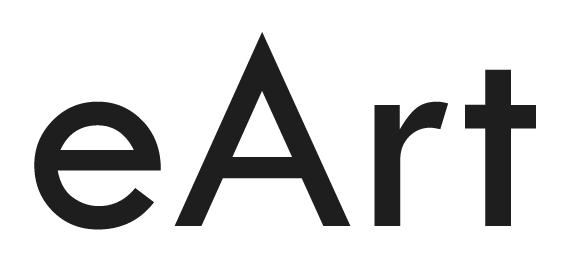
How to Create EEAT Friendly Content?
EEAT stands for Experience, Expertise, Authoritativeness, and Trustworthiness. It’s not a ranking factor itself, but a framework Google uses to assess content quality and determine which websites deserve higher rankings. By building up your EEAT in your niche, you show Google you’re a reliable source of information, helping you appear higher in search results.
Expertise:
- Deep Understand: Go beyond surface-level information and provide comprehensive, insightful content that demonstrates your mastery of the topic.
- Showcase Credentials: Highlight your experience, qualifications, and expertise. If you have relevant certifications or awards, showcase them.
- Cite Reliable Sources: When backing up claims, use references from established sources like academic journals, reputable websites, or expert opinions.
Authoritativeness:
- Build Reputation: Actively participate in your niche, publish high-quality content consistently, and engage with your audience.
- Guest Posting: Contribute to well-respected websites in your field to gain recognition and establish your authority.
- Earn Backlinks: Encourage other websites to link back to your content as a valuable resource. This shows Google that others trust your information.
Trustworthiness:
- Accuracy & Transparency: Verify and double-check all information before publishing. Be transparent about your sources and methods.
- Transparency of Intent: Clearly state the purpose of your content and avoid any misleading or sensationalized information.
- Positive Reviews & Mentions: Encourage readers to leave feedback and reviews, and address any negative points constructively.
Tips to create EEAT content
- Focus on People-First Content: Create content that genuinely helps your audience, not just search engines.
- Maintain High-Quality: Ensure your content is free of errors, typos, and grammatical mistakes.
- Optimize Page Experience: Make your website user-friendly, fast-loading, and mobile-responsive.
- Stay Updated: Regularly update your content to reflect new information and developments in your field.
Remember, EEAT is an ongoing process, not a one-time fix. By consistently focusing on these principles, you can build trust with your audience and improve your website’s ranking in search results.
Here are some helpful resources to learn more:
EEAT stands for Experience, Expertise, Authoritativeness, and Trustworthiness.
No, EEAT is not a single ranking factor, but rather a set of guiding principles used by human evaluators to assess content quality. High EEAT content is more likely to rank well, but other factors also play a role.
High EEAT signals to Google that your content is reliable, accurate, and trustworthy. This is especially crucial for “Your Money or Your Life” (YMYL) topics like health, finance, and legal matters.
Focus on creating high-quality, well-researched content written by experts. Back up your claims with credible sources, present transparently, and build trust with your audience through positive reviews and mentions.
You can find official information in Google’s Search Quality Evaluator Guidelines and blog posts by Google Search Central. Additionally, many SEO experts offer articles and guides on optimizing for EEAT.
